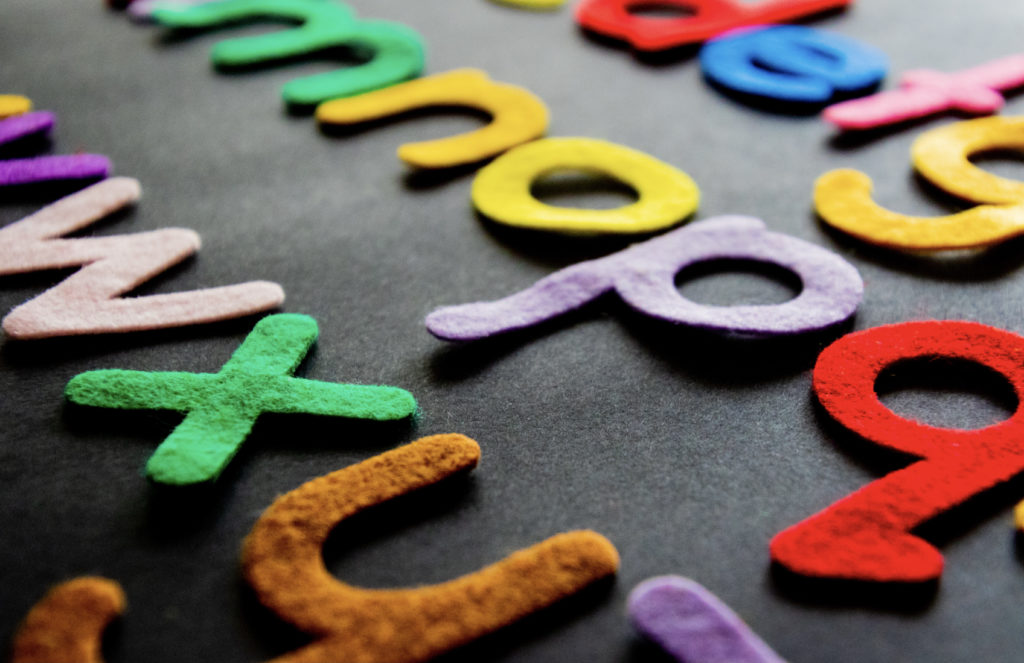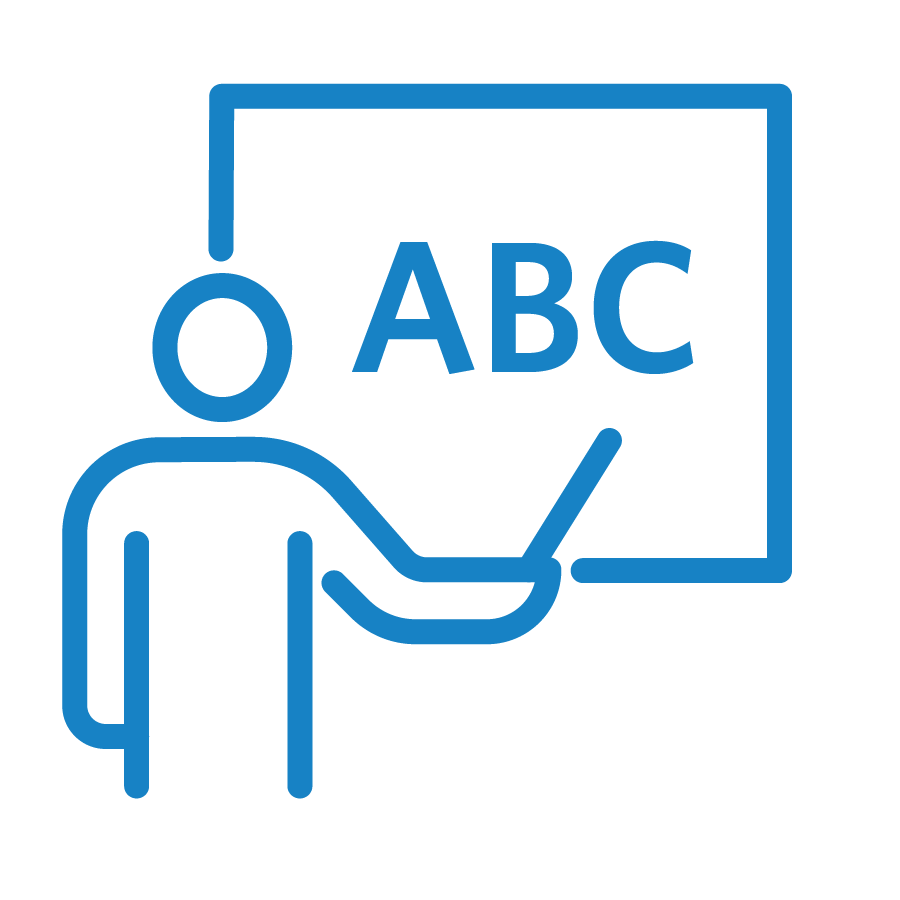Filter resources by:
Select a filter from the drop down menu to apply the filter. Page reloads upon selection

Nov 29, 2021
The Simple View of Reading
Decoding refers to word-level reading and linguistic comprehension refers to the ability to understand the spoken language in which the words are written. When students are able to decode, they engage their cipher skills and word-specific knowledge. Cipher skills reflect an understanding of the code of the language and how to use that code to
Read Strategy
Nov 18, 2021
Supporting Students in Developing Automatic Word Recognition
Why do we need to perform rocket science for some students? Reading researcher, Maryanne Wolf, reports in her book Proust and the Squid: The Story and Science of the Reading Brain (2007) that reading ability is not an inherent genetic trait in humans: it is a specific skill that must be taught. Spoken language has
Read Blog
Oct 28, 2021
Handwriting and Literacy Development
Karin H. James and Laura Englehard published research in 2012 asserting that letter formation through the act of handwriting activates areas of the brain that can help reading acquisition in children. They also found that handwriting letters helps children recognize and rapidly name letters, which is an essential skill in learning to read (James and
Read Strategy
Oct 12, 2021
Paraphrasing to Support Reading Comprehension
Reflect back on the first pages of To Kill a Mockingbird. They make many references to American history and relevant locations in the American south: Andrew Jackson, “Creeks up the creek,” Battle of Hastings, Mobile, Montgomery, and the list goes on. Imagine trying to make a mental movie of the setting of this novel if
Read Blog
Oct 8, 2021
What is Dyslexia?
To help understand the complexities within the definition of dyslexia, the authors highlighted the following terms from the definition: Specific Learning Disability (SLD) This term describes students who struggle to achieve in school despite a normal range of intelligence and access to adequate educational services. A designation of SLD can include difficulty with all parts
Read Strategy
Oct 1, 2021
Reading Fluency in High School: Beyond Rate and Accuracy
Traditional reading fluency programs focus on rate and accuracy. Attention is seldom given to prosody or reading with intonation and expression. However, with the new push for science and evidence-based reading instruction, Rasinski argues that we should no longer consider commercial reading programs that focus solely on rate and accuracy to be as effective, citing
Read Blog
Sep 8, 2021
Using a Decoding Toolkit to Develop a Common Language
Establishing a Common Language A successful skill progression will begin with phonemic practice and syllabication principles and move toward learning orthographic expectancies (common letter patterns) and vocabulary with the goal of developing sight words and automaticity. However, before engaging in any skill instruction, it is important for students and teachers to ensure that they are
Read Blog
Jul 19, 2021
Diagnostic and Prescriptive Teaching
How do you do it? “Prescribed instructional goals must flow from assessment, addressing the learner and his/her style of learning, the skills or abilities that must be learned, and the situation and contingencies under which learning will be best facilitated” (Reynolds and Fletcher-Janzen, 2007, pg. 772). In other words, a teacher or administrator must look
Read Strategy
Apr 14, 2021
Developing Number Sense with Number Strings
Number Strings in Practice A small group of fifth grade students gather around a table. The teacher begins the lesson by asking students to brainstorm strategies they know for multiplication. One student shares, “counting by 10s, 5s, any number,” which the teacher labels as skip counting. They review repeated addition (e.g., 5 + 5 +
Read Blog